22 Free Mechanical Robot transparent PNG images
Explore our collection of 22 free AI-generated 'Mechanical Robot' images, featuring a diverse array of stock photos, 3D objects, vectors, and illustrations. Discover high-resolution downloads and take advantage of the 'open in editor' feature to customize prompts and regenerate your desired image.
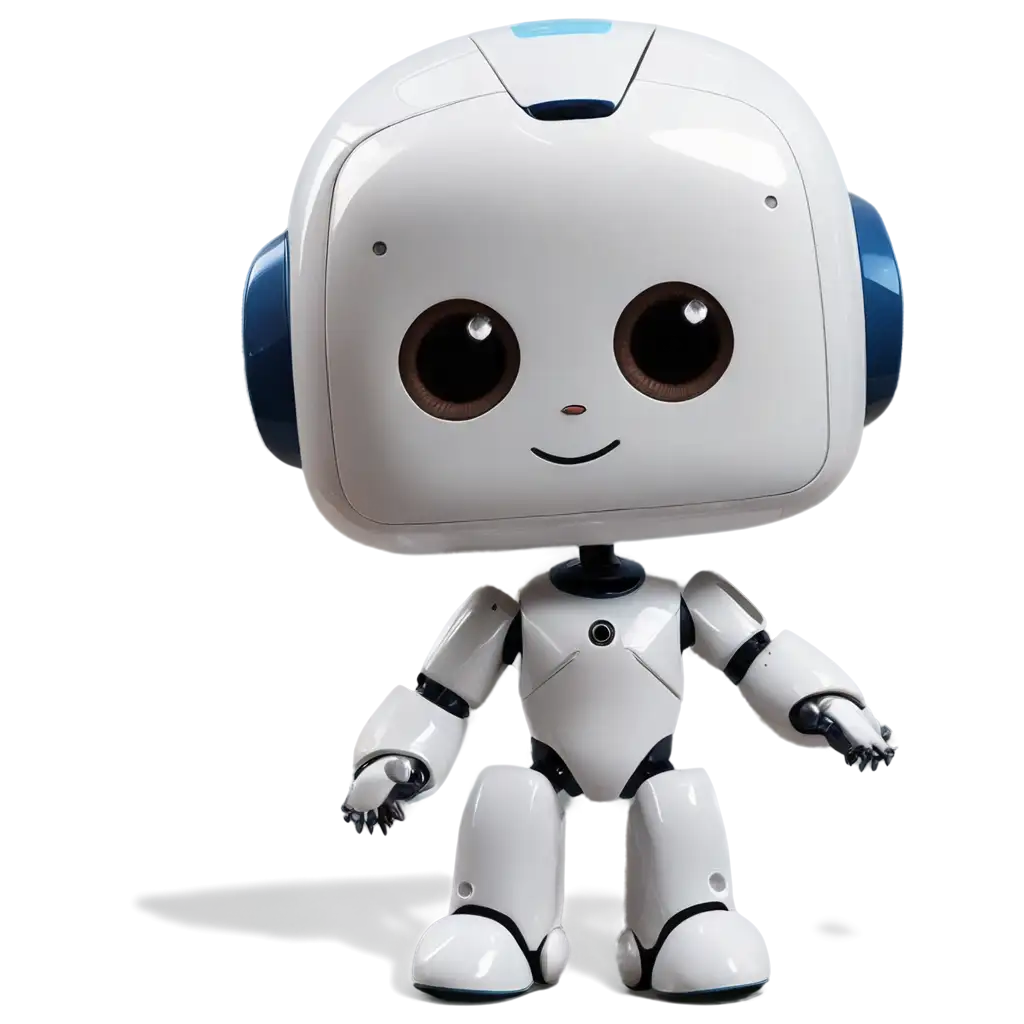
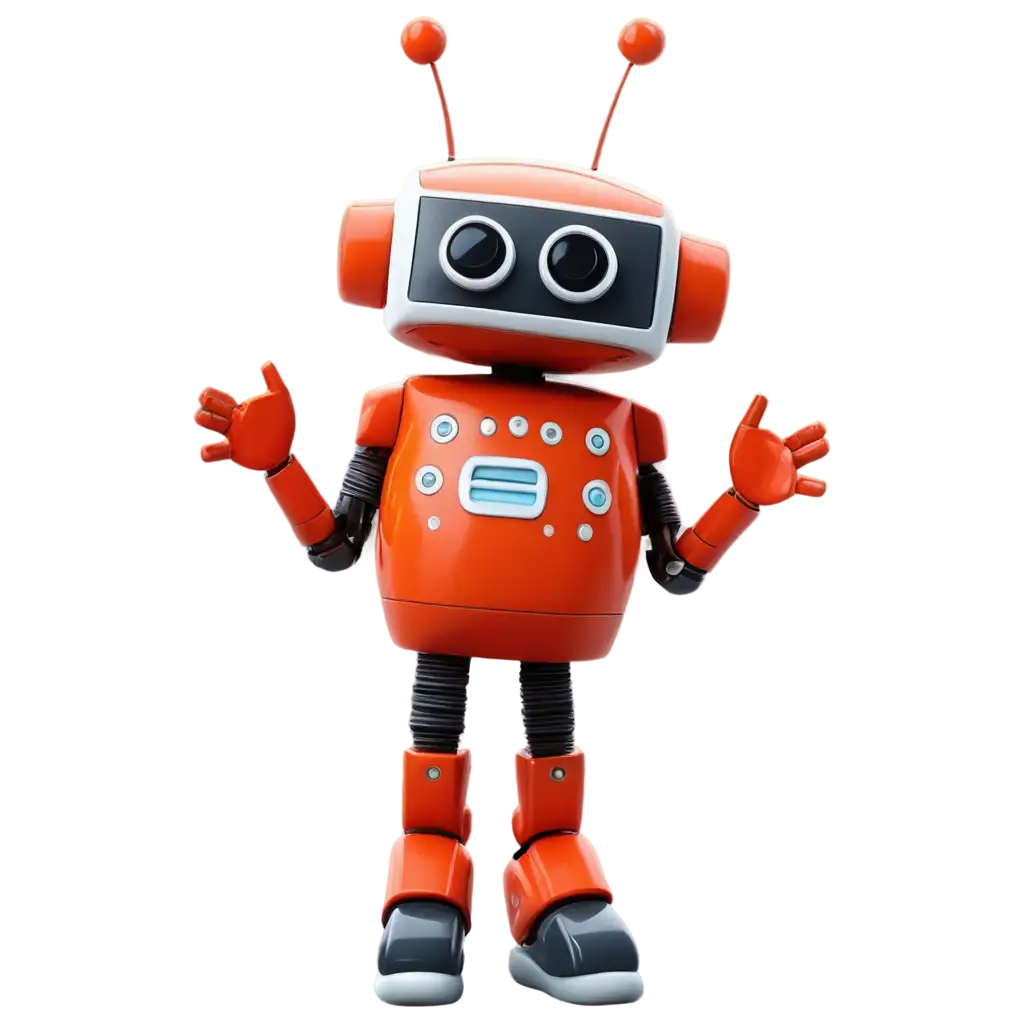
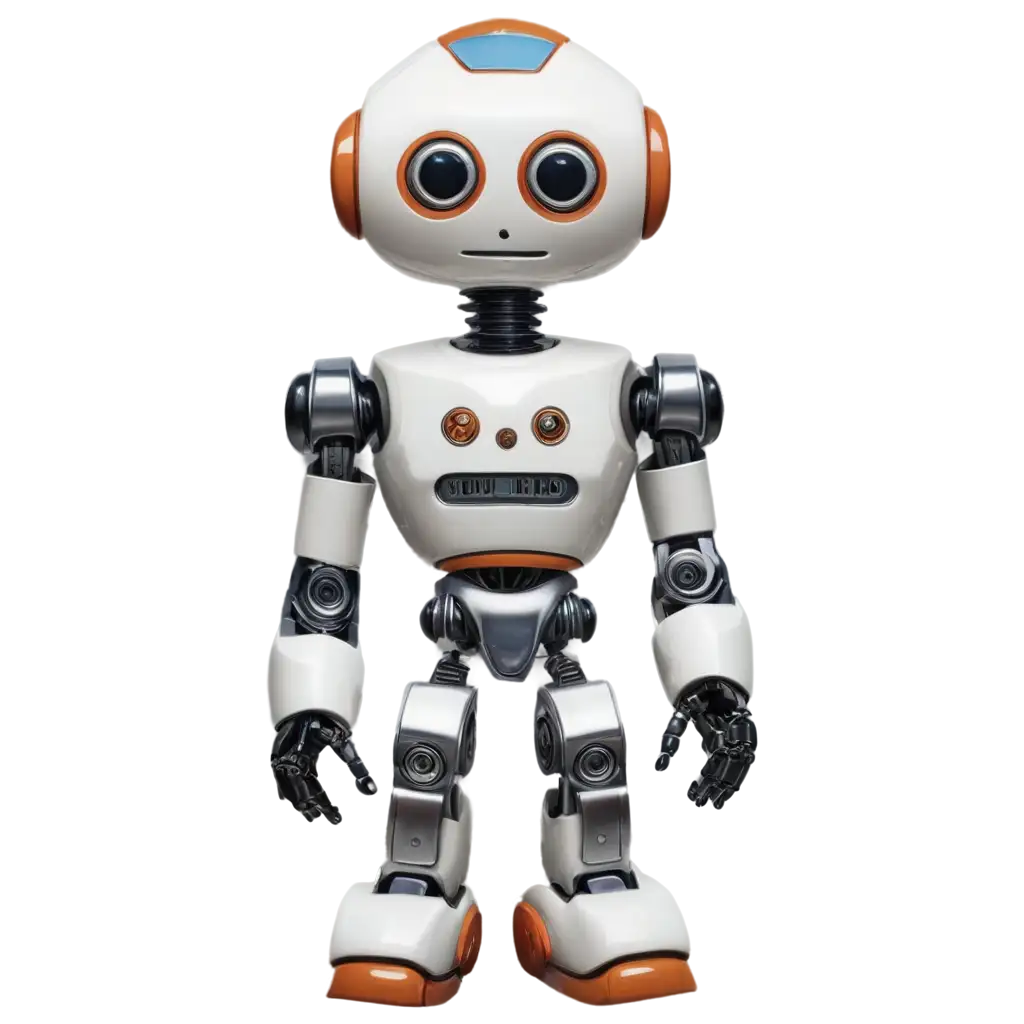
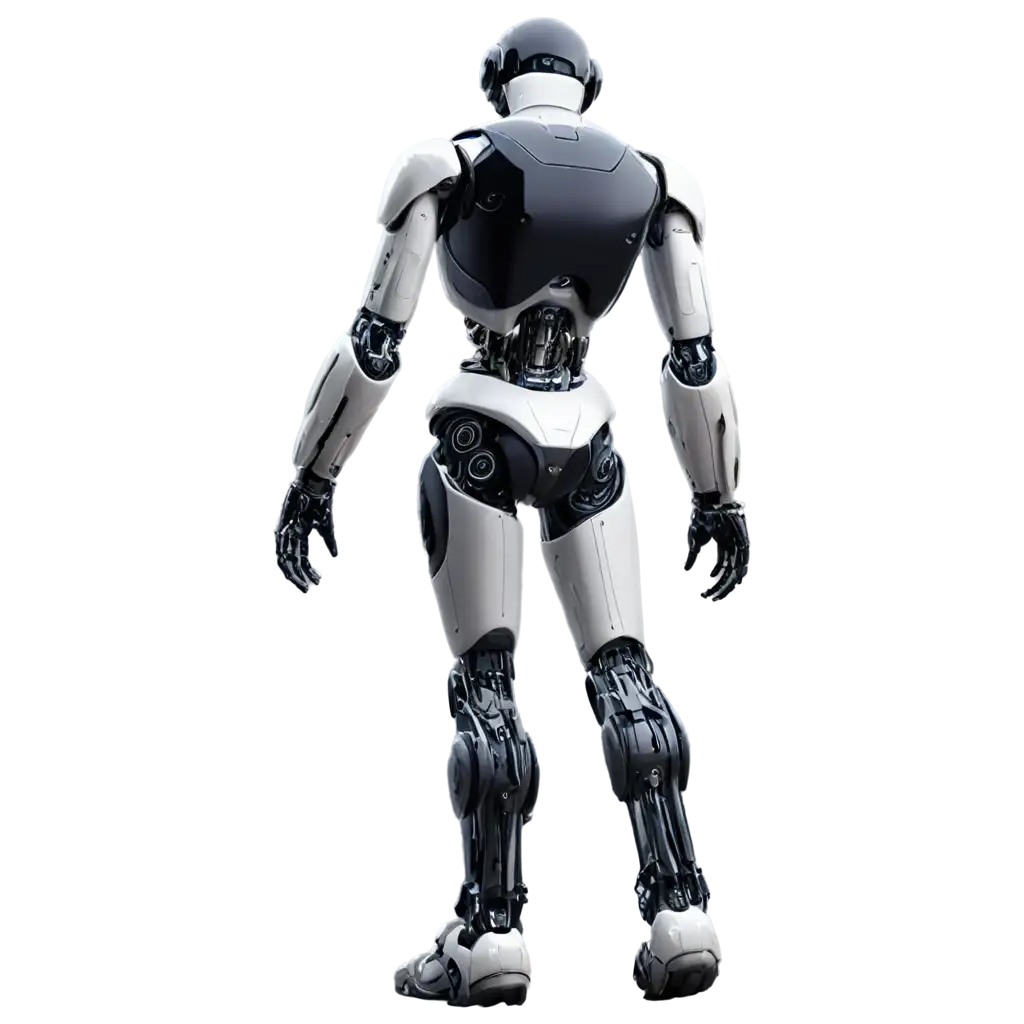
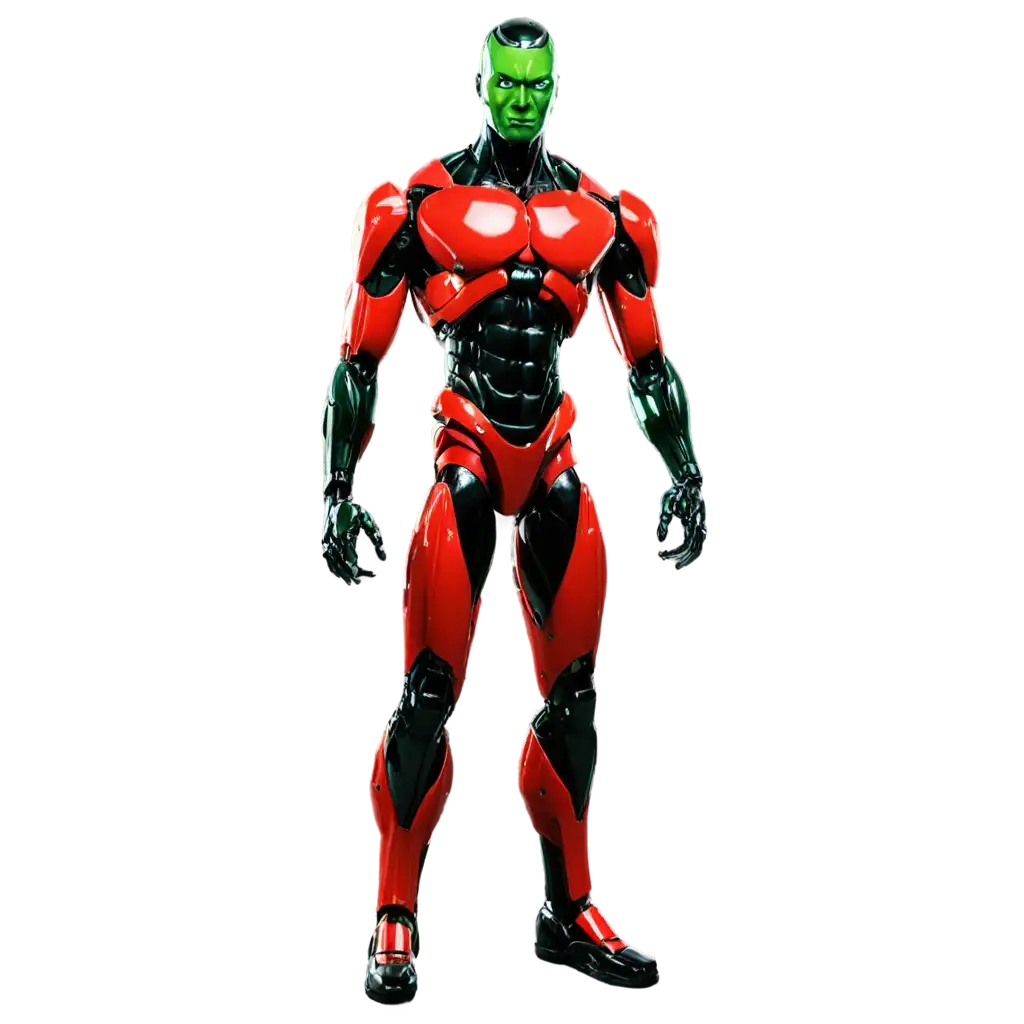
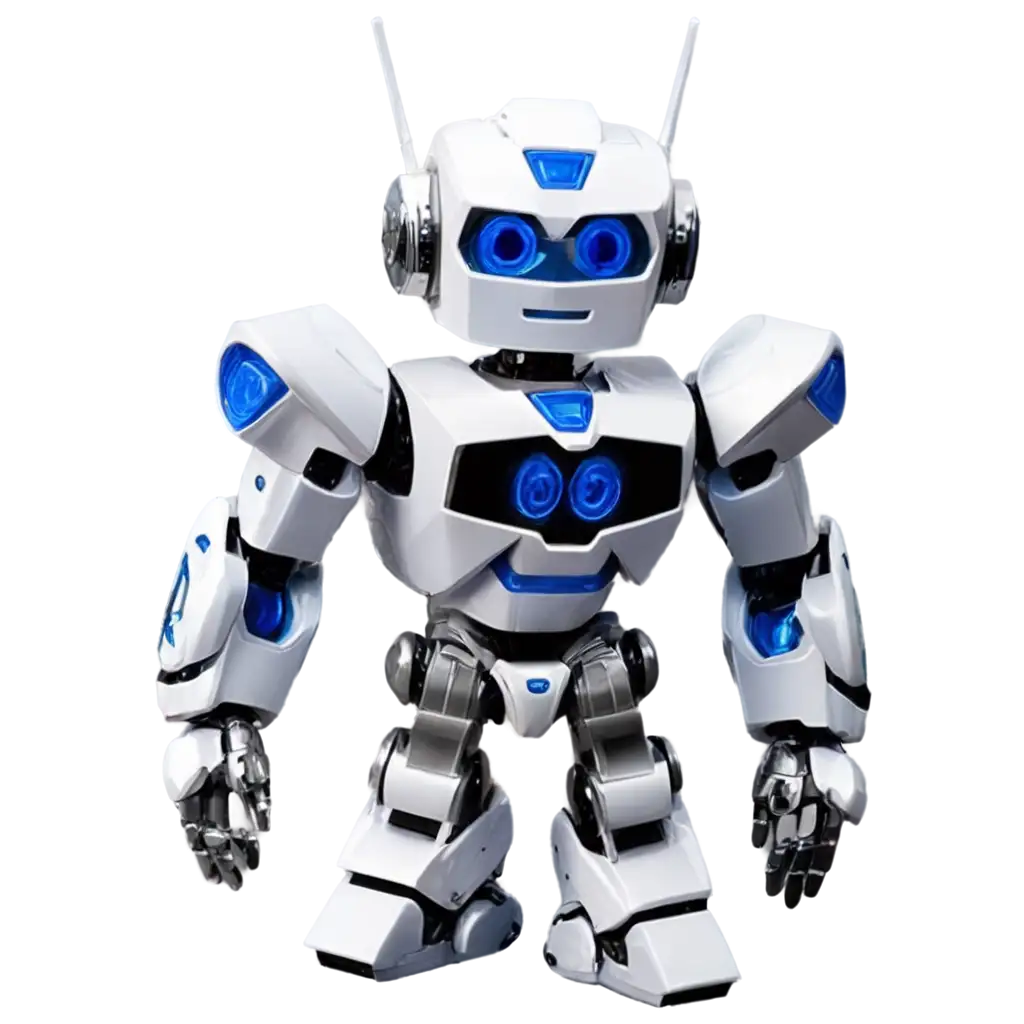
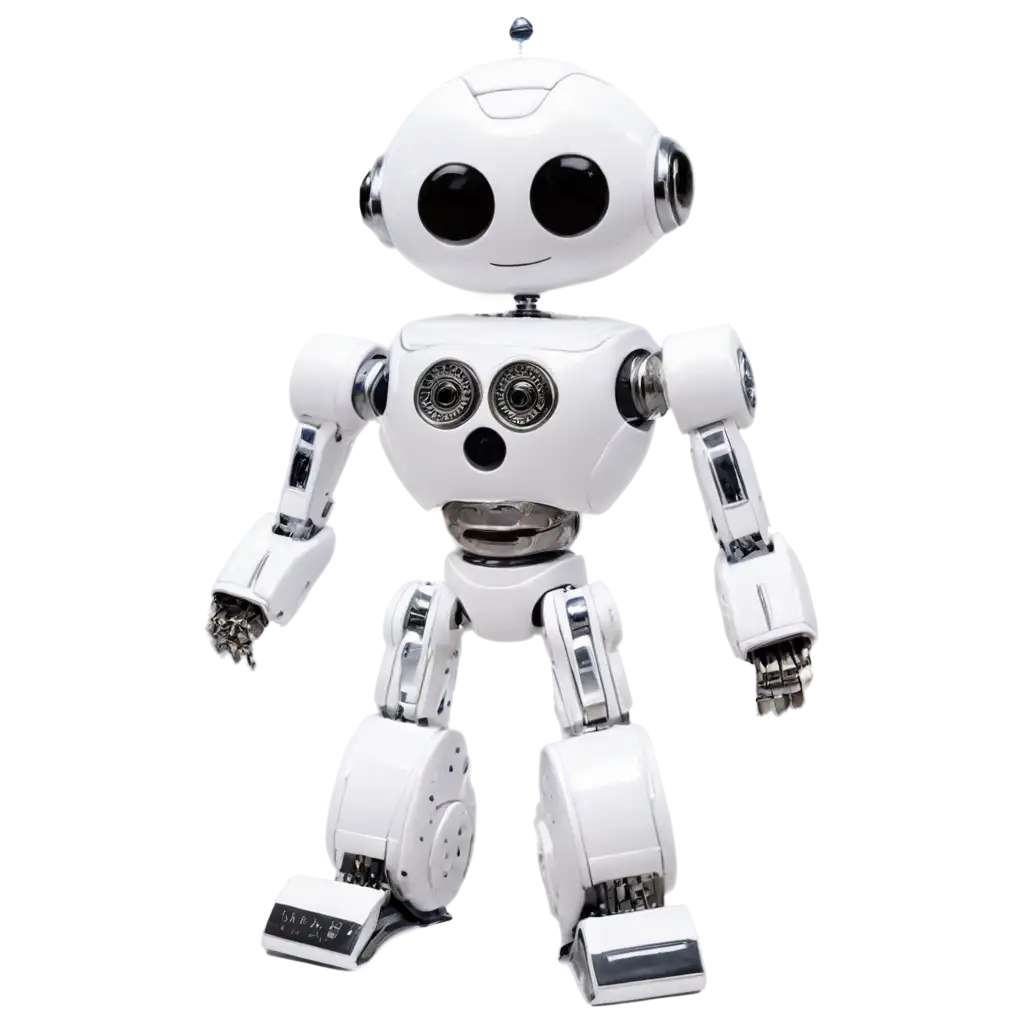
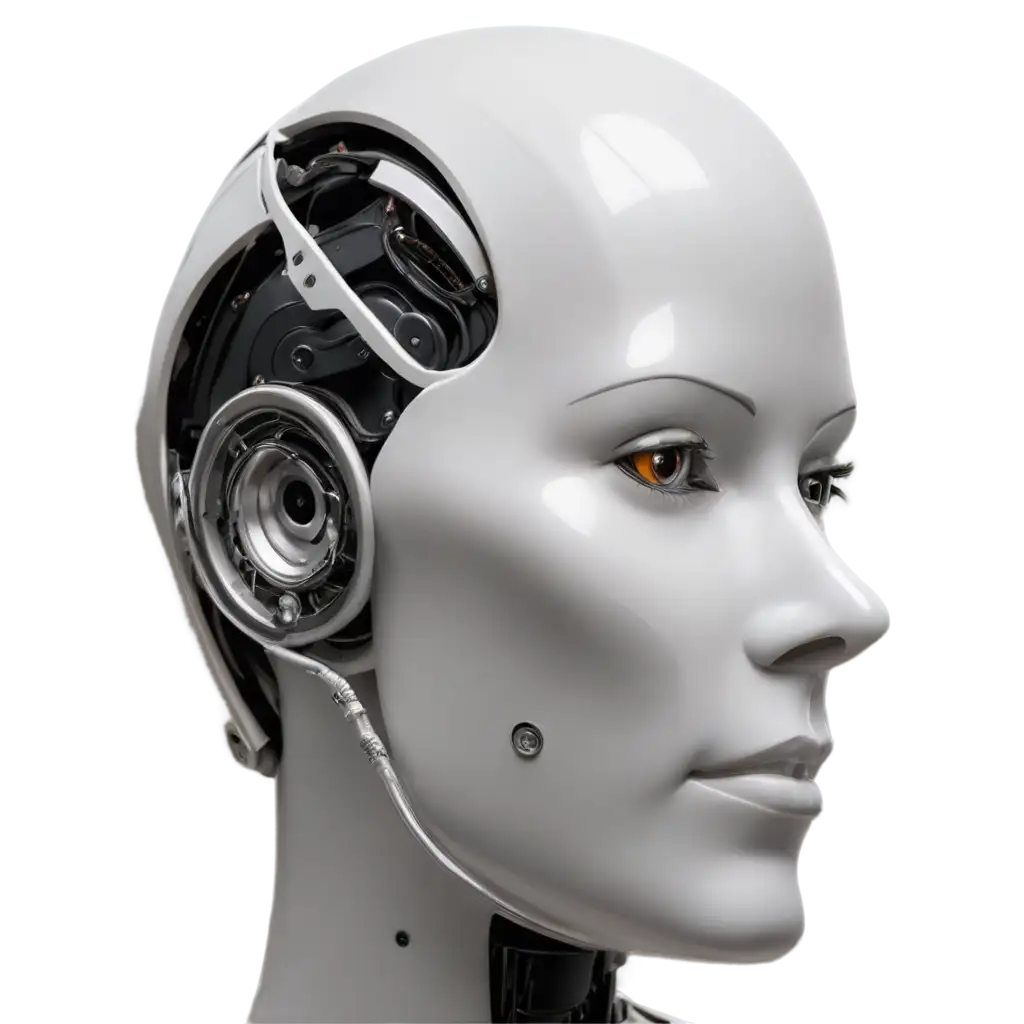
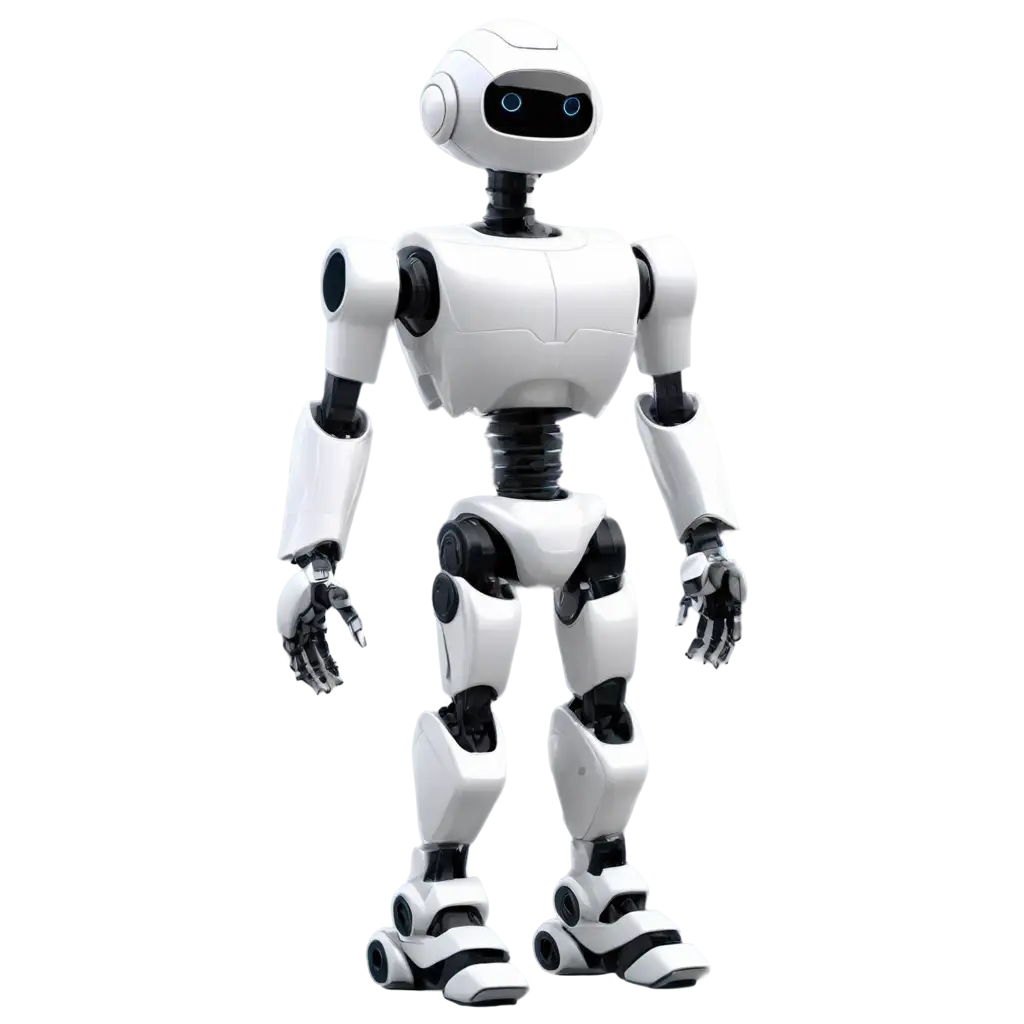
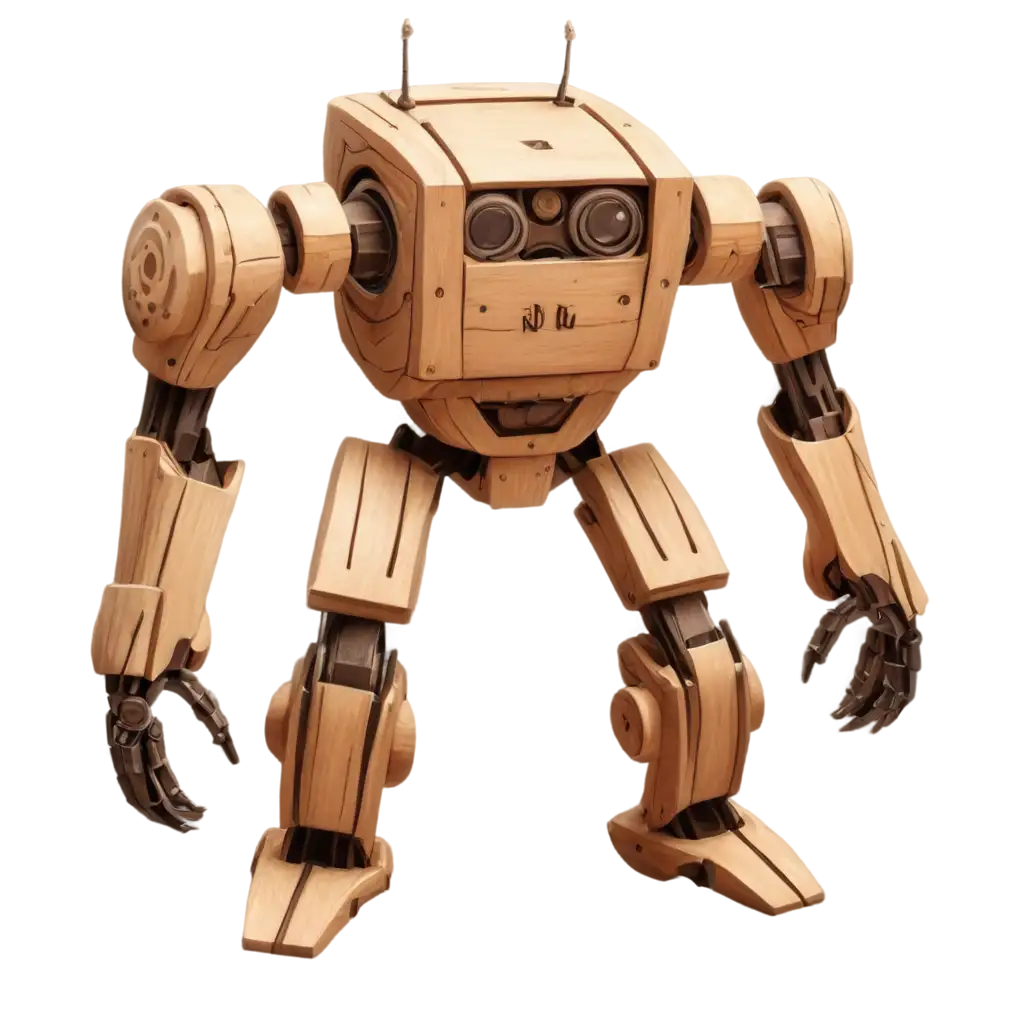
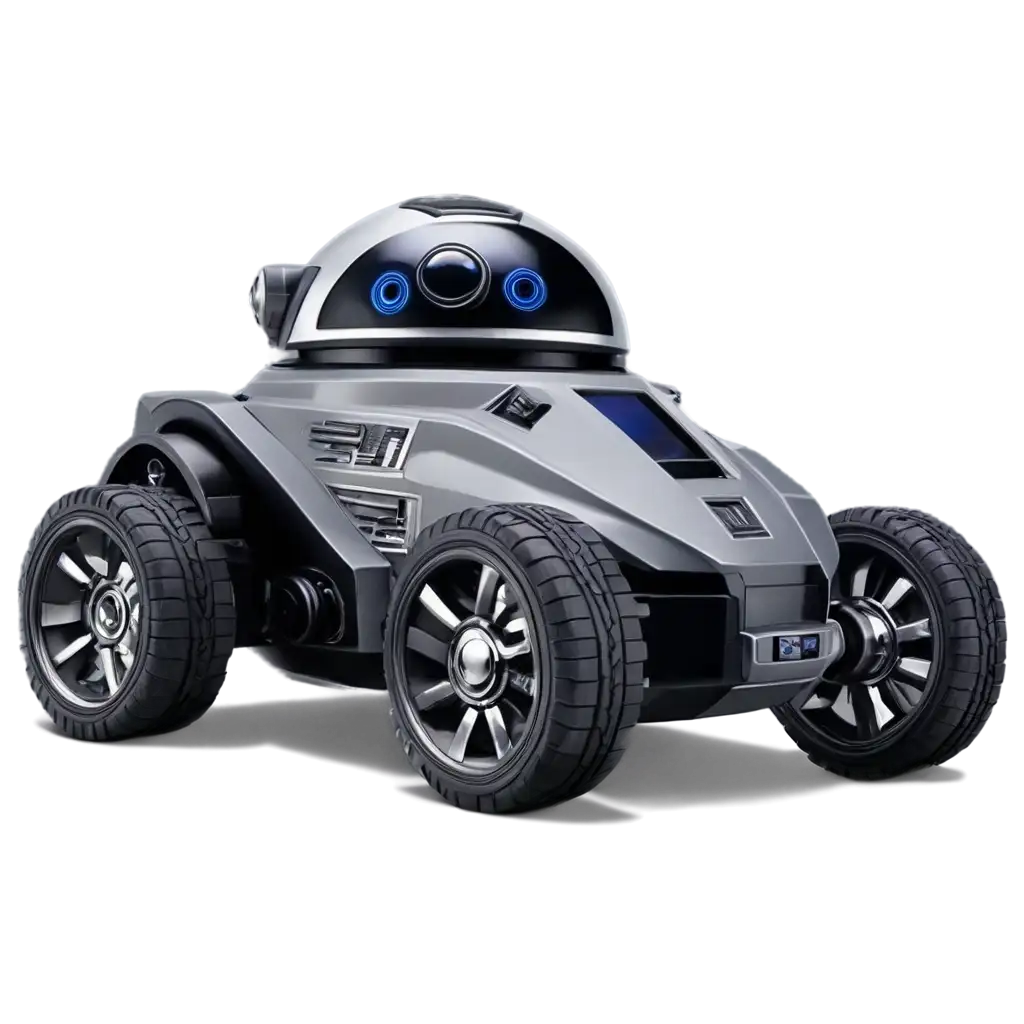
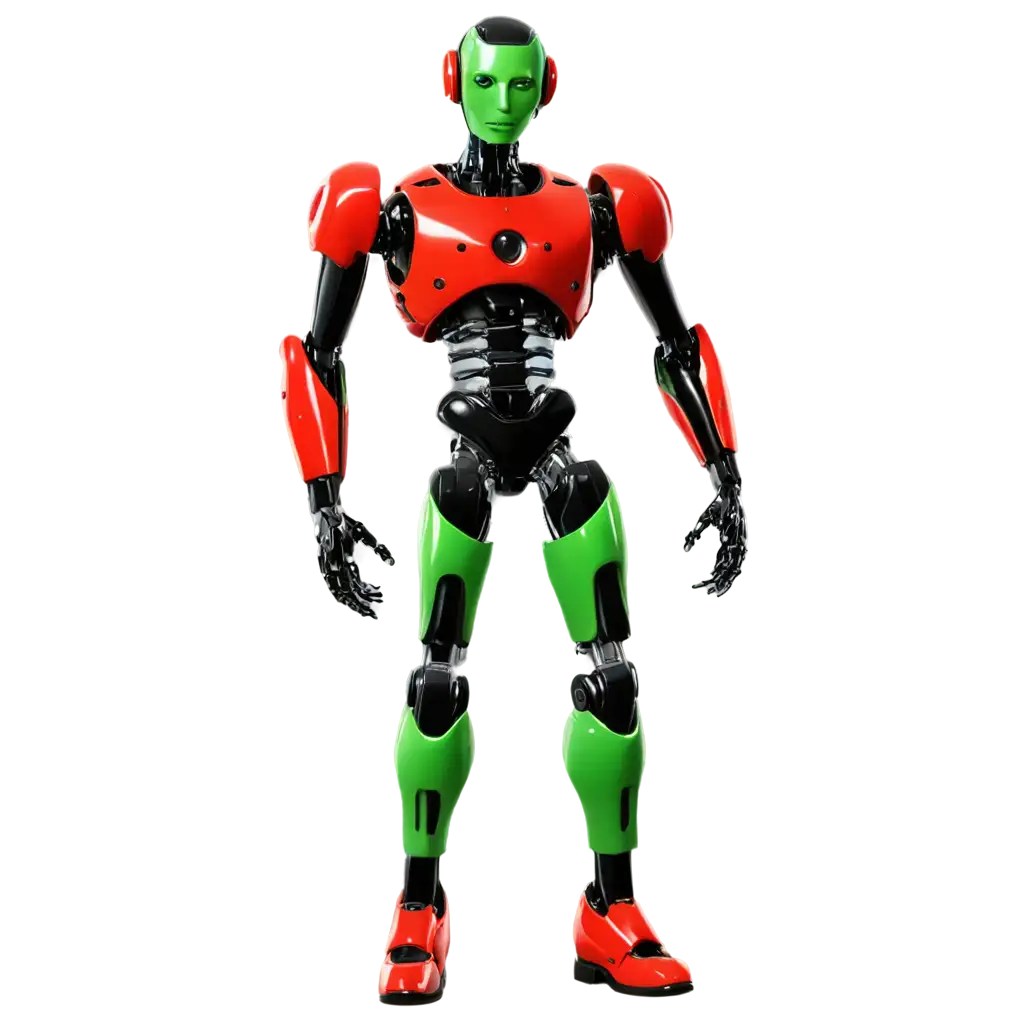
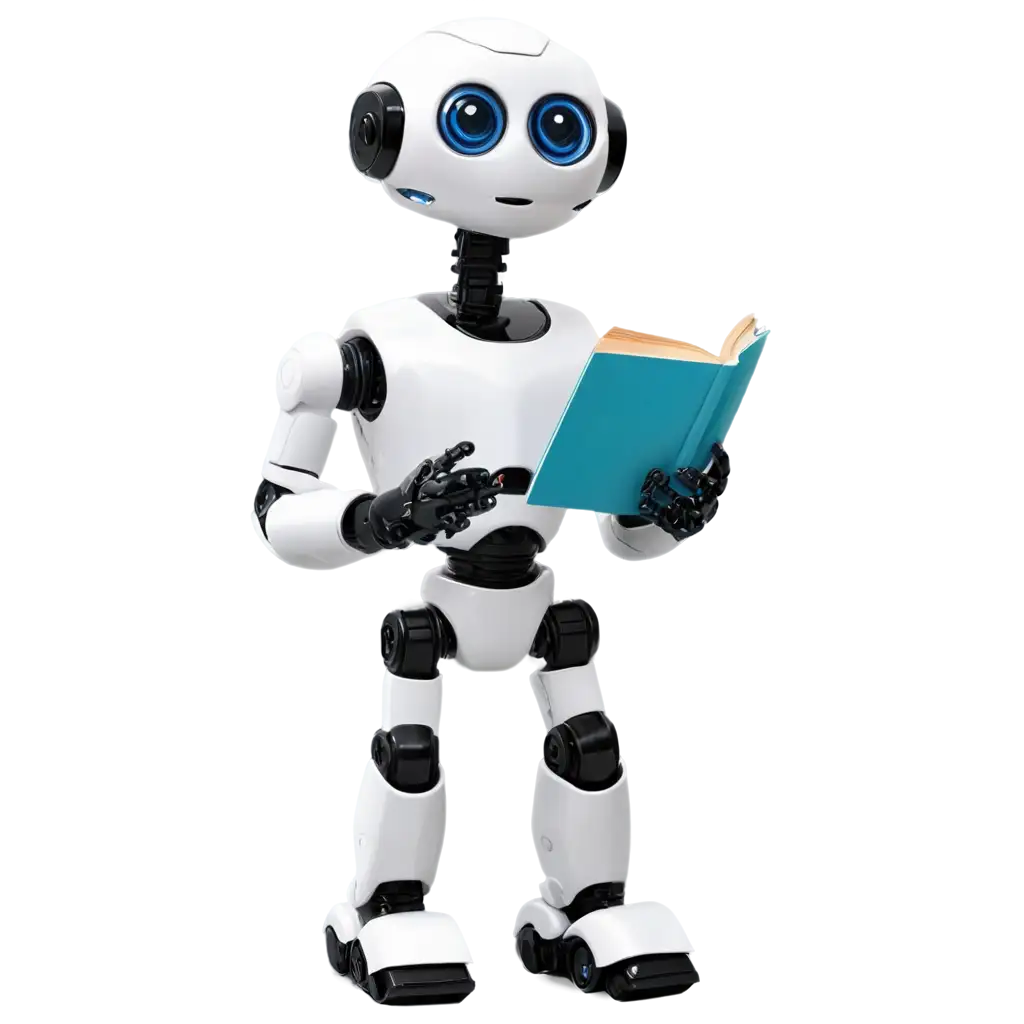
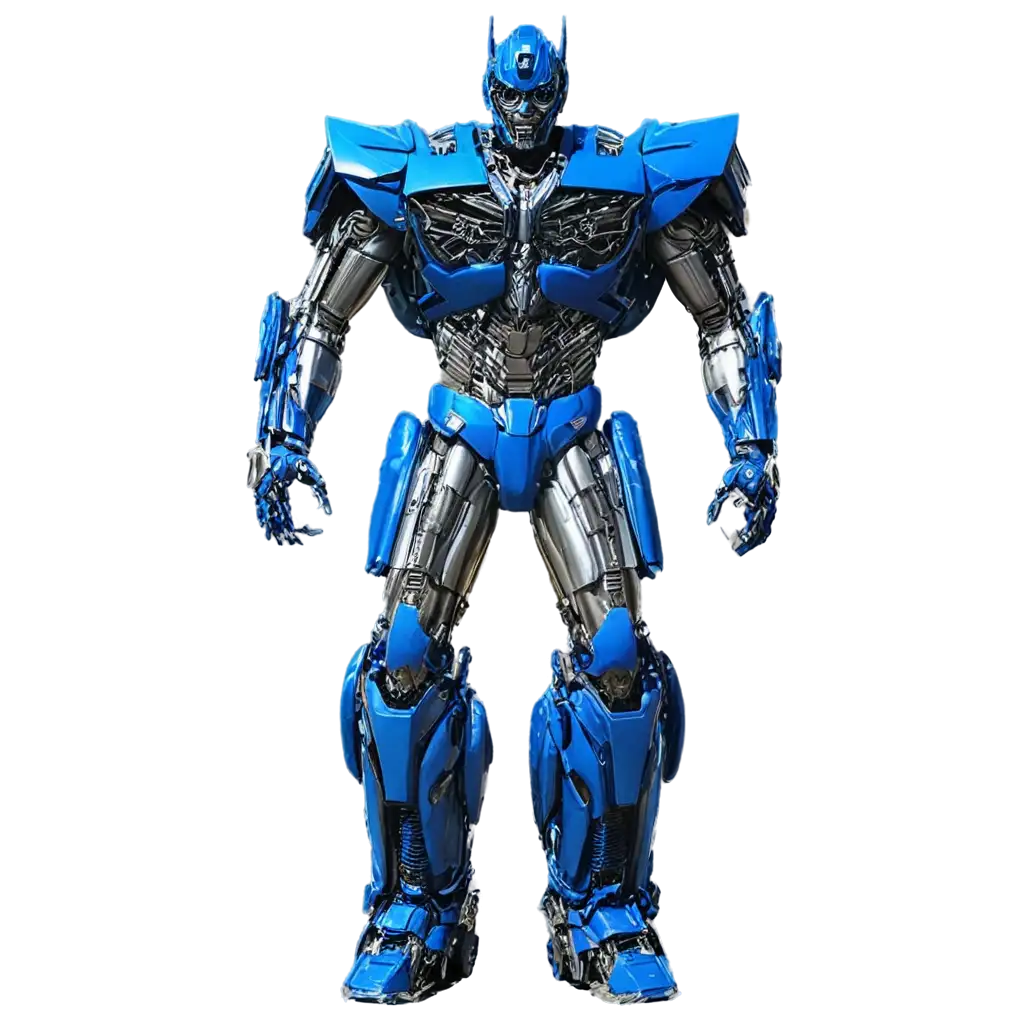
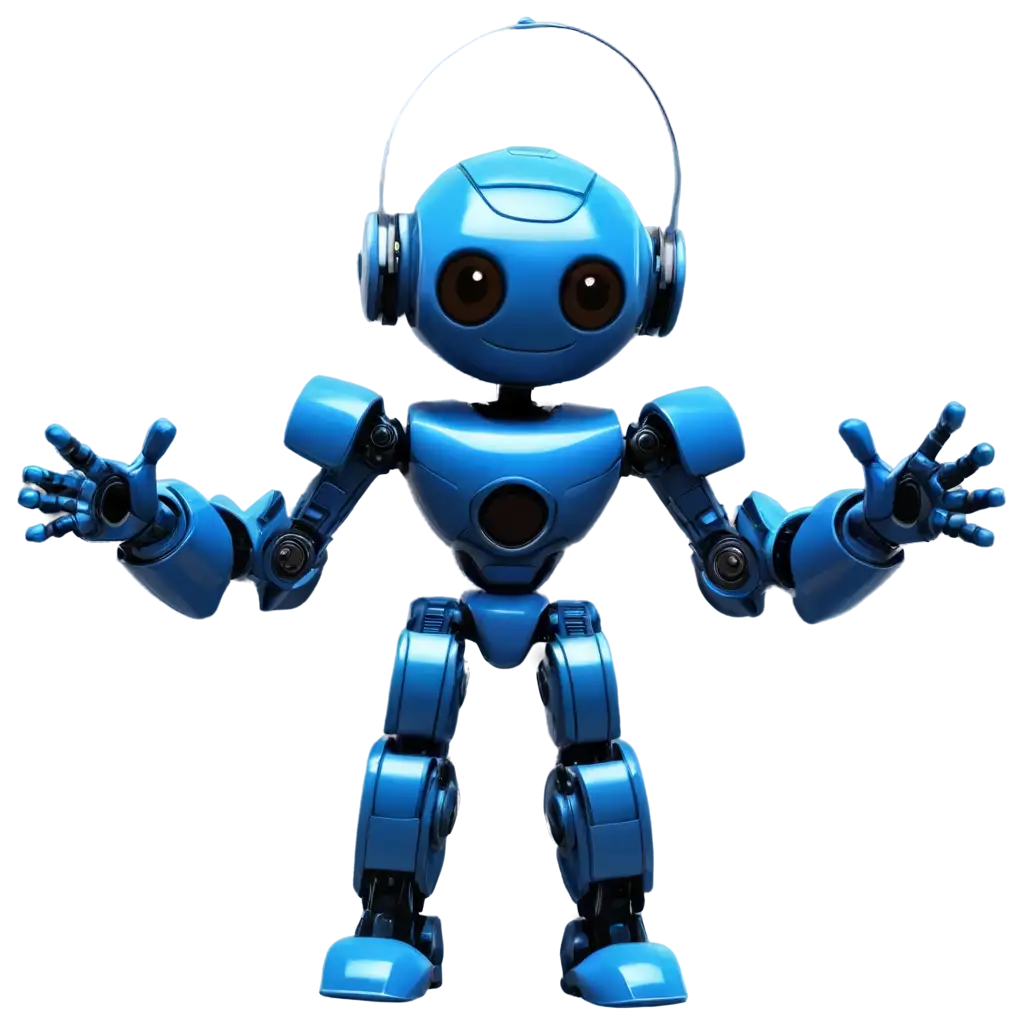
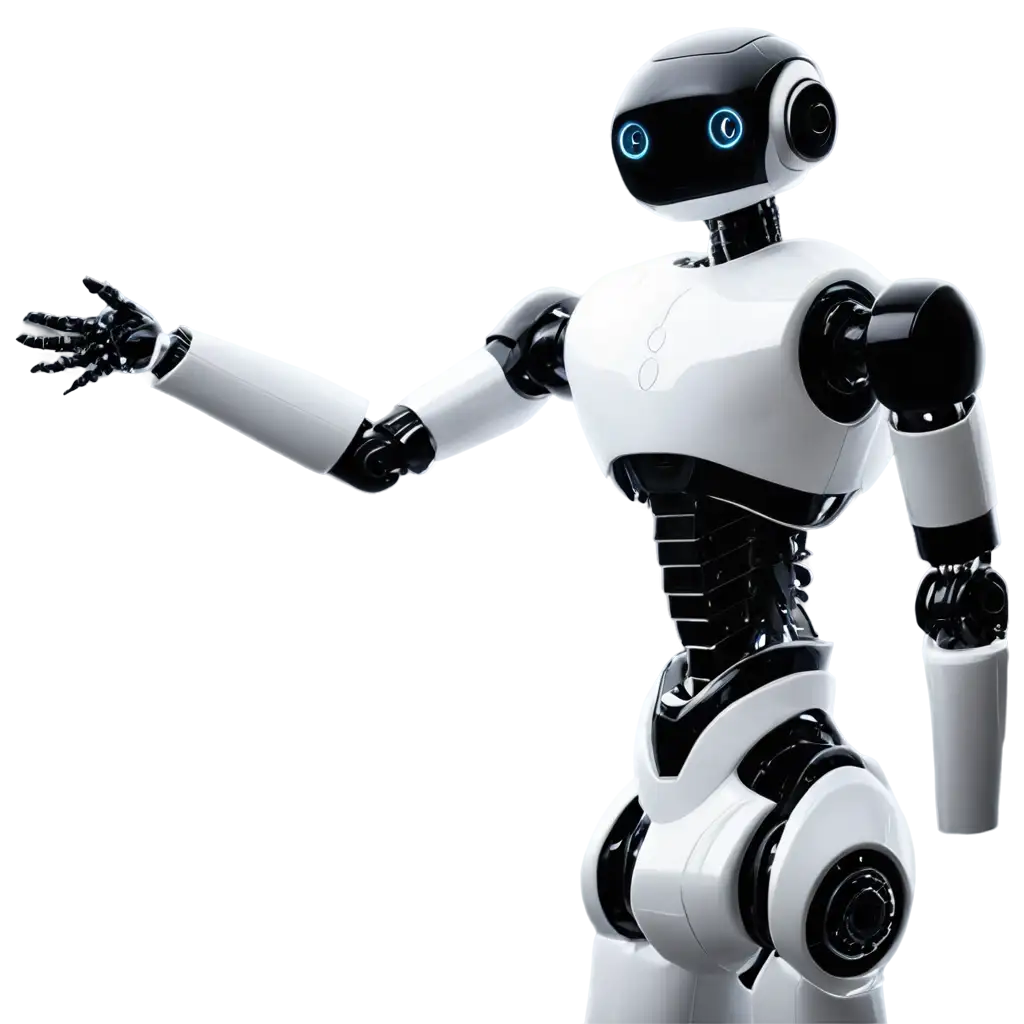
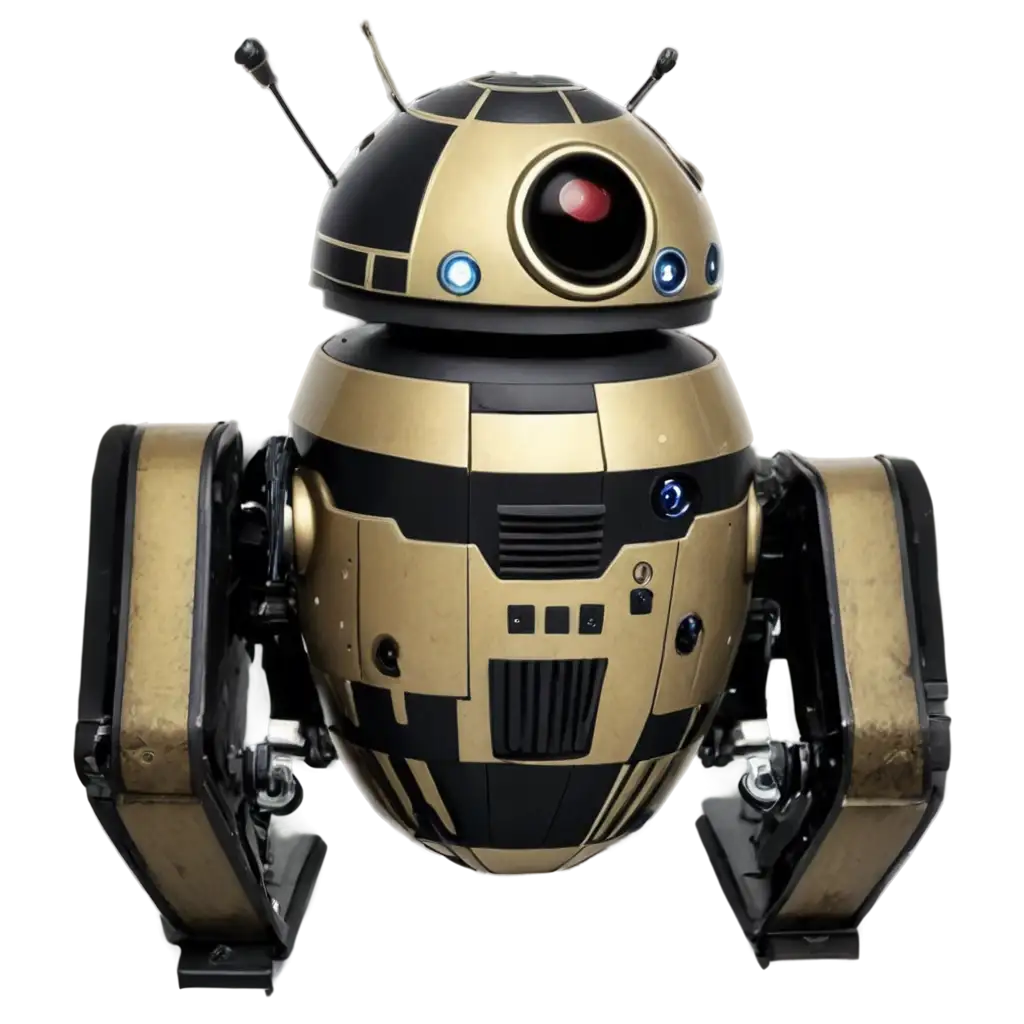
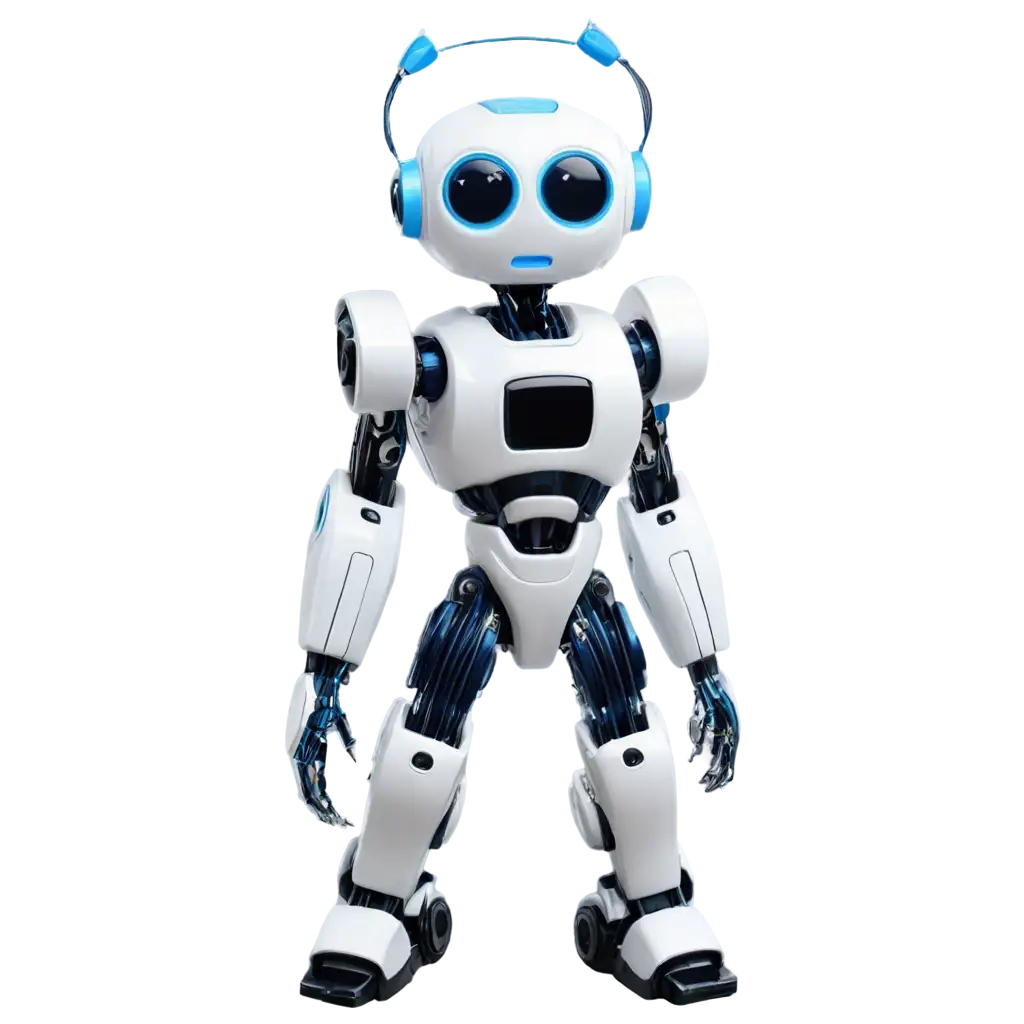
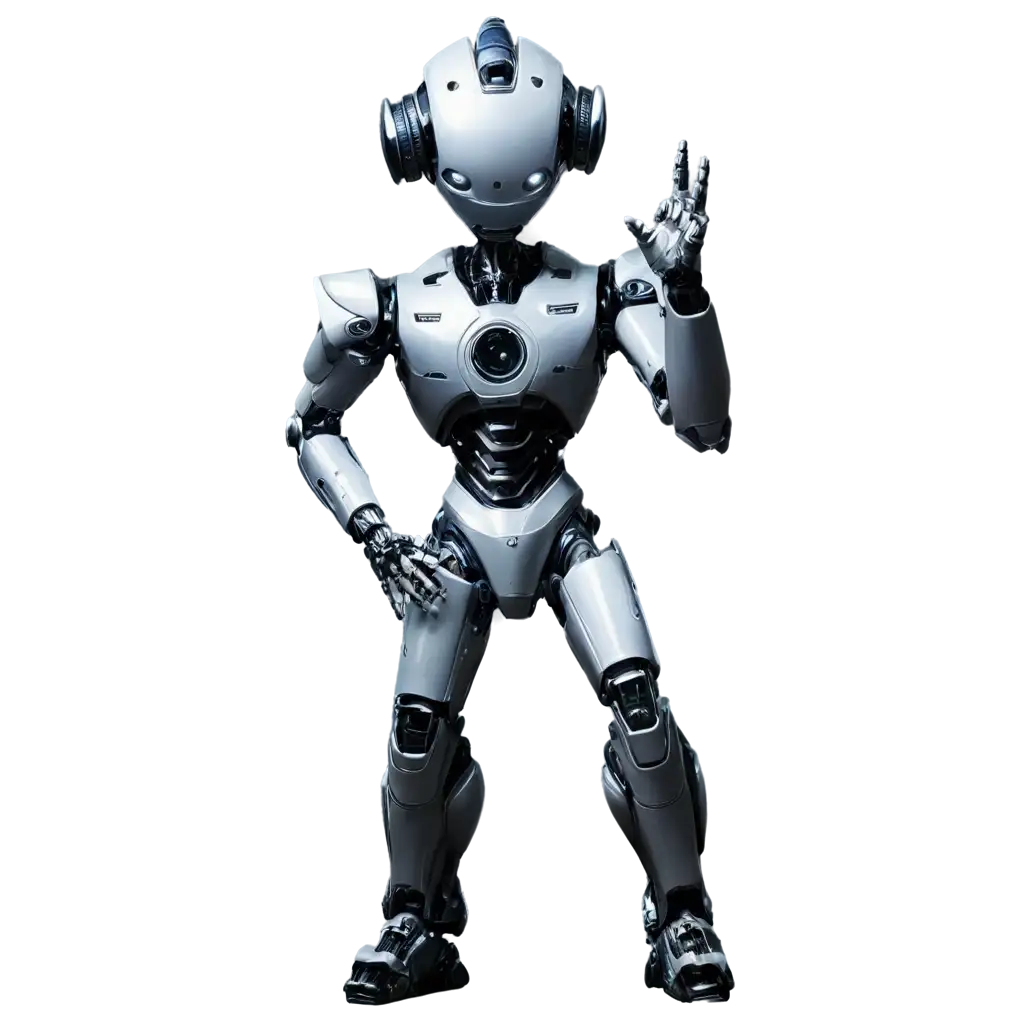
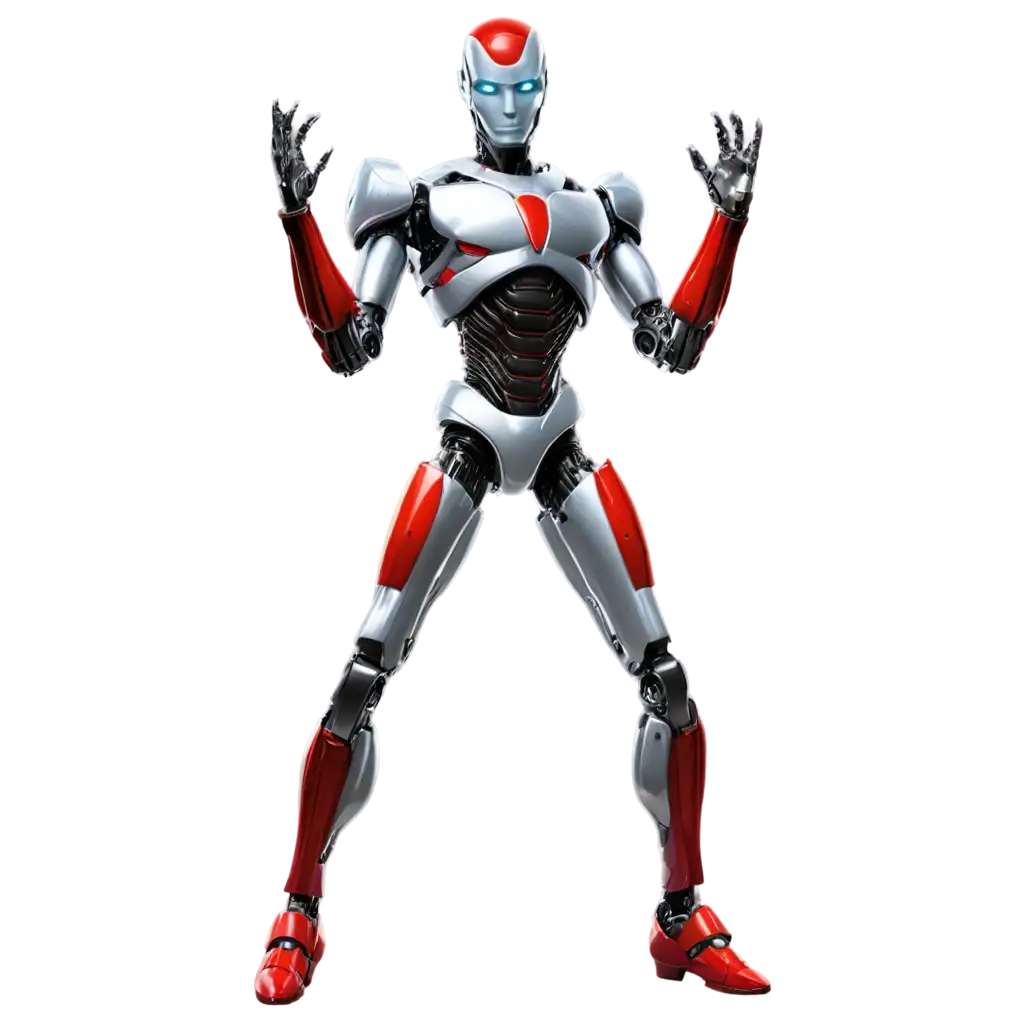
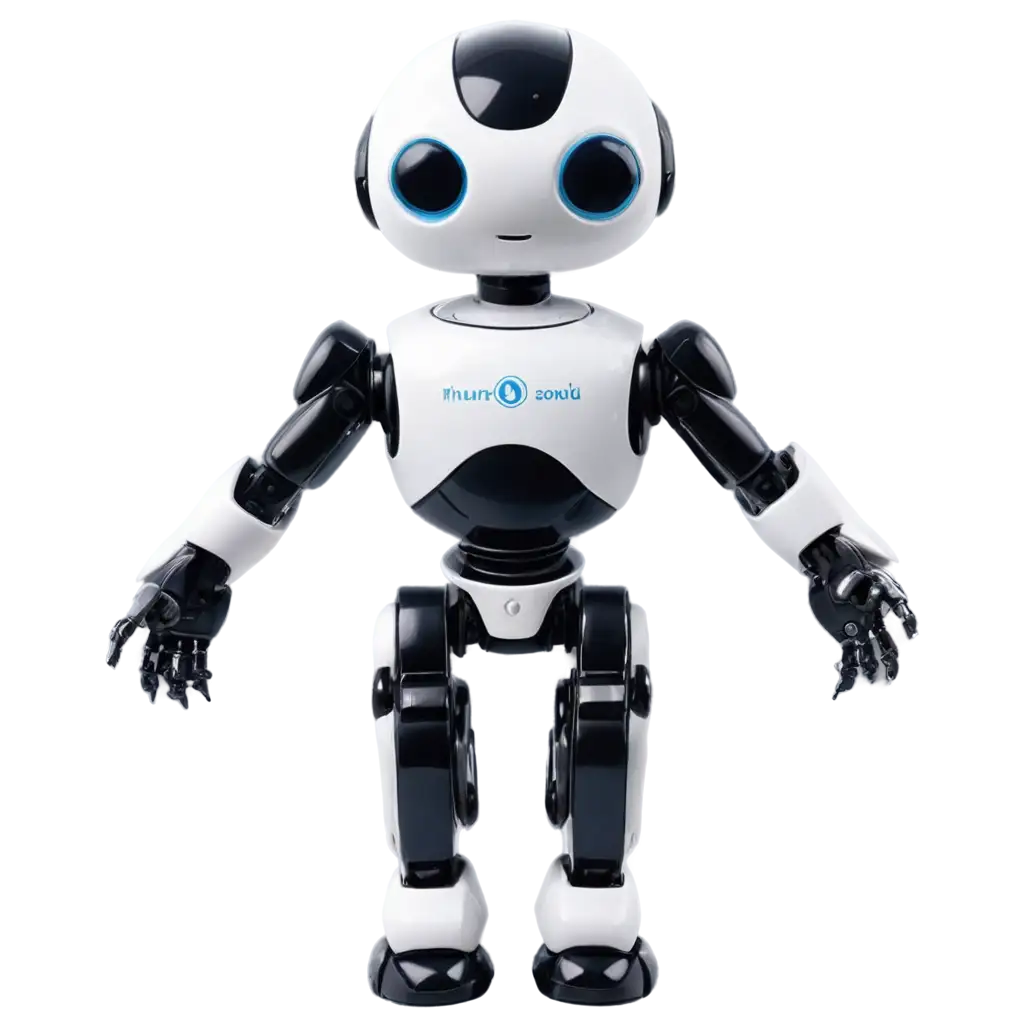
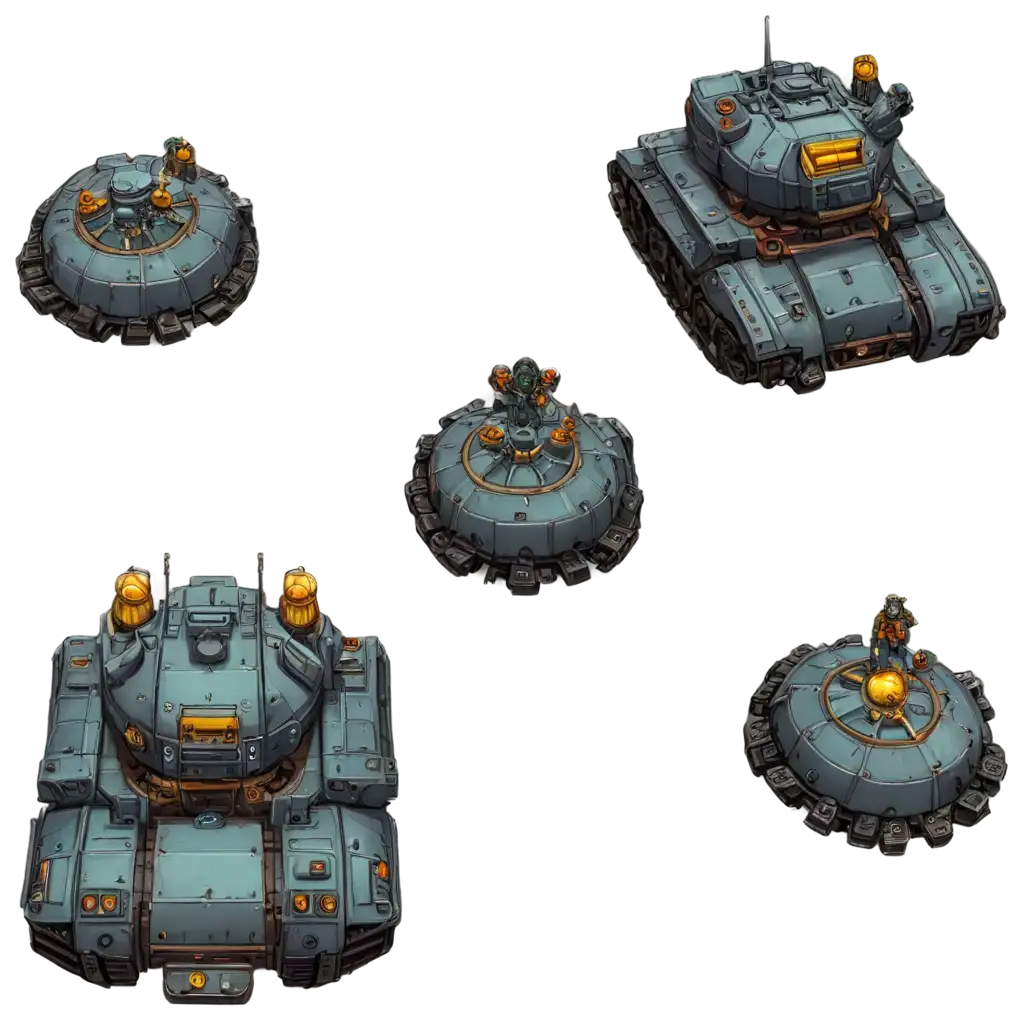
Related Tags
Mechanical robots are autonomous or semi-autonomous machines designed to perform a wide range of tasks, from industrial manufacturing to healthcare and entertainment. These machines are typically composed of interconnected mechanical parts, sensors, and actuators that allow them to move, manipulate objects, and interact with their environment. The development of mechanical robots has its roots in ancient Greek and Chinese engineering, but the modern field of robotics has seen exponential growth in recent decades, driven by advancements in areas like computer science, materials science, and control systems. Mechanical robots have become indispensable tools in various industries, revolutionizing manufacturing processes, reducing human labor, and expanding the capabilities of automation.
Definition and Background of Mechanical Robots
Mechanical robots are characterized by their ability to perform highly precise, repetitive, and physically demanding tasks with speed and efficiency. They are commonly used in industrial settings for tasks such as assembly, welding, painting, and material handling. Beyond manufacturing, mechanical robots have found applications in fields like healthcare, where they assist in surgical procedures, rehabilitation, and elderly care. In the service sector, mechanical robots are used for tasks like delivery, cleaning, and customer service. Advancements in sensors, AI, and control systems have also enabled the development of more advanced mechanical robots that can navigate complex environments, make autonomous decisions, and collaborate with human workers.
Characteristics and Applications of Mechanical Robots
Some of the most notable mechanical robot designs and innovations include the KUKA KR QUANTEC series, known for its high-speed, high-precision performance in industrial applications; the da Vinci Surgical System, a robotic platform that enhances the capabilities of surgeons during minimally invasive procedures; and the Boston Dynamics' Spot robot, a quadrupedal machine capable of navigating challenging terrain and performing a variety of tasks. These innovative designs showcase the growing sophistication and versatility of mechanical robots, as they continue to push the boundaries of what is possible in automation and human-machine interaction.
Notable Mechanical Robot Designs and Innovations
The future of mechanical robots holds exciting prospects, with ongoing advancements in areas like AI, machine learning, and materials science. Emerging trends in the field include the development of more adaptive, collaborative robots capable of working alongside humans, the integration of advanced sensors and computer vision for enhanced perception and decision-making, and the exploration of bioinspired designs that mimic the functionality of biological systems. Additionally, the growing focus on sustainability and environmental impact is driving the development of energy-efficient, eco-friendly mechanical robots. As the field of robotics continues to evolve, the role of mechanical robots in shaping the future of industries, healthcare, and our everyday lives is expected to become increasingly significant.
The Future of Mechanical Robots and Emerging Trends